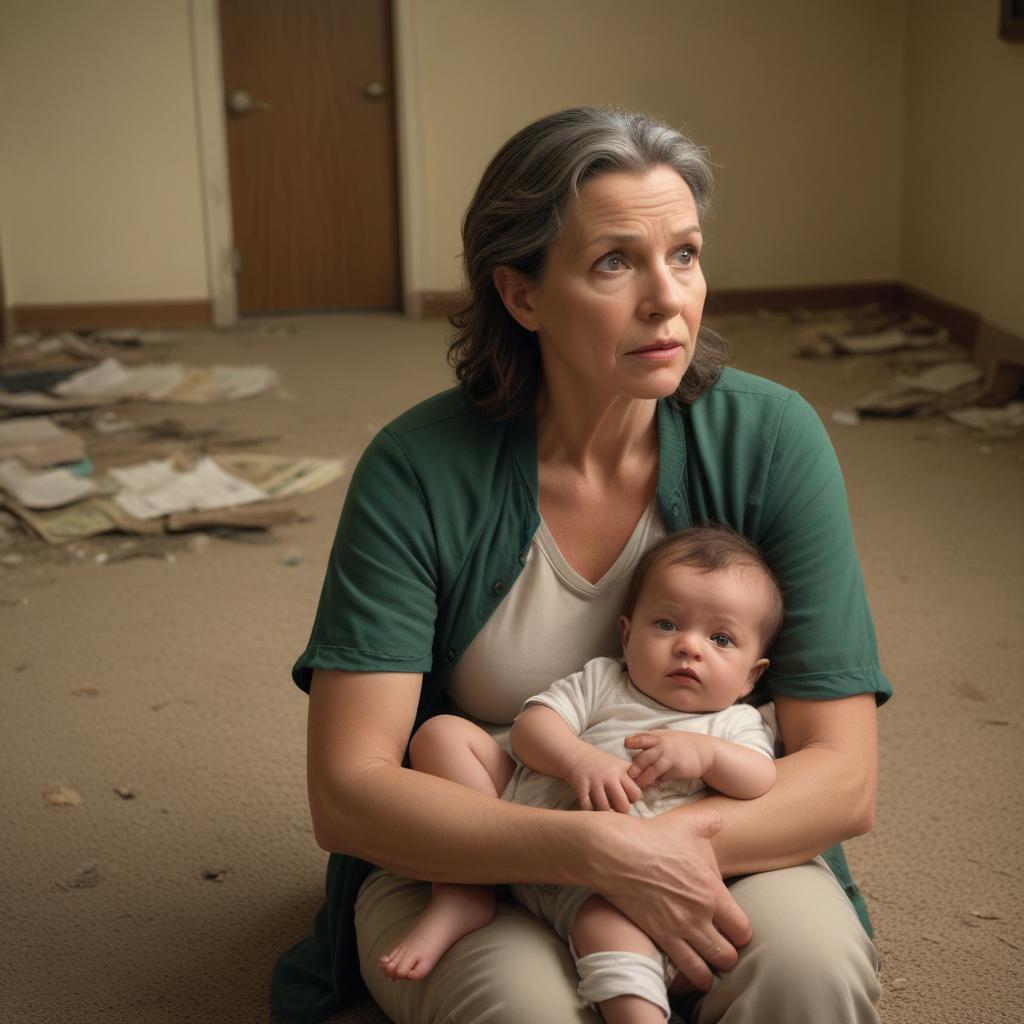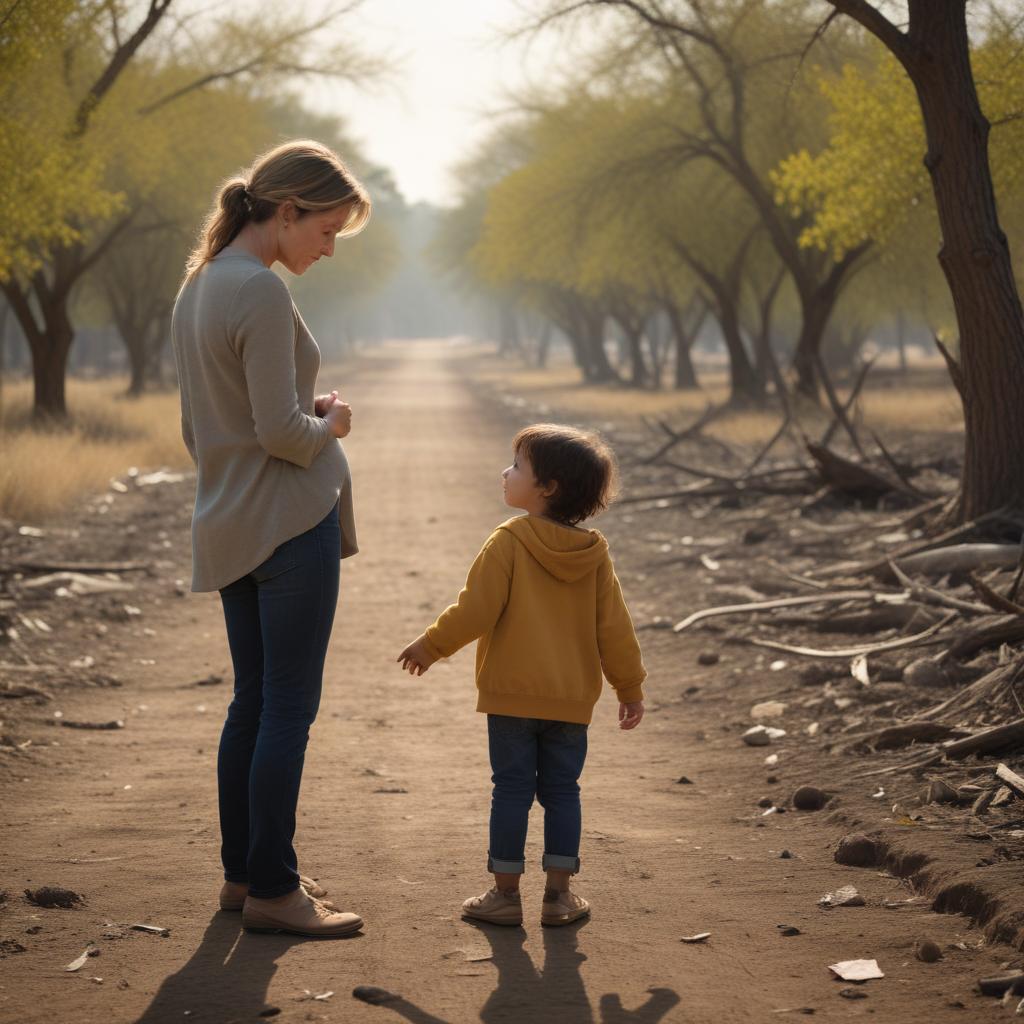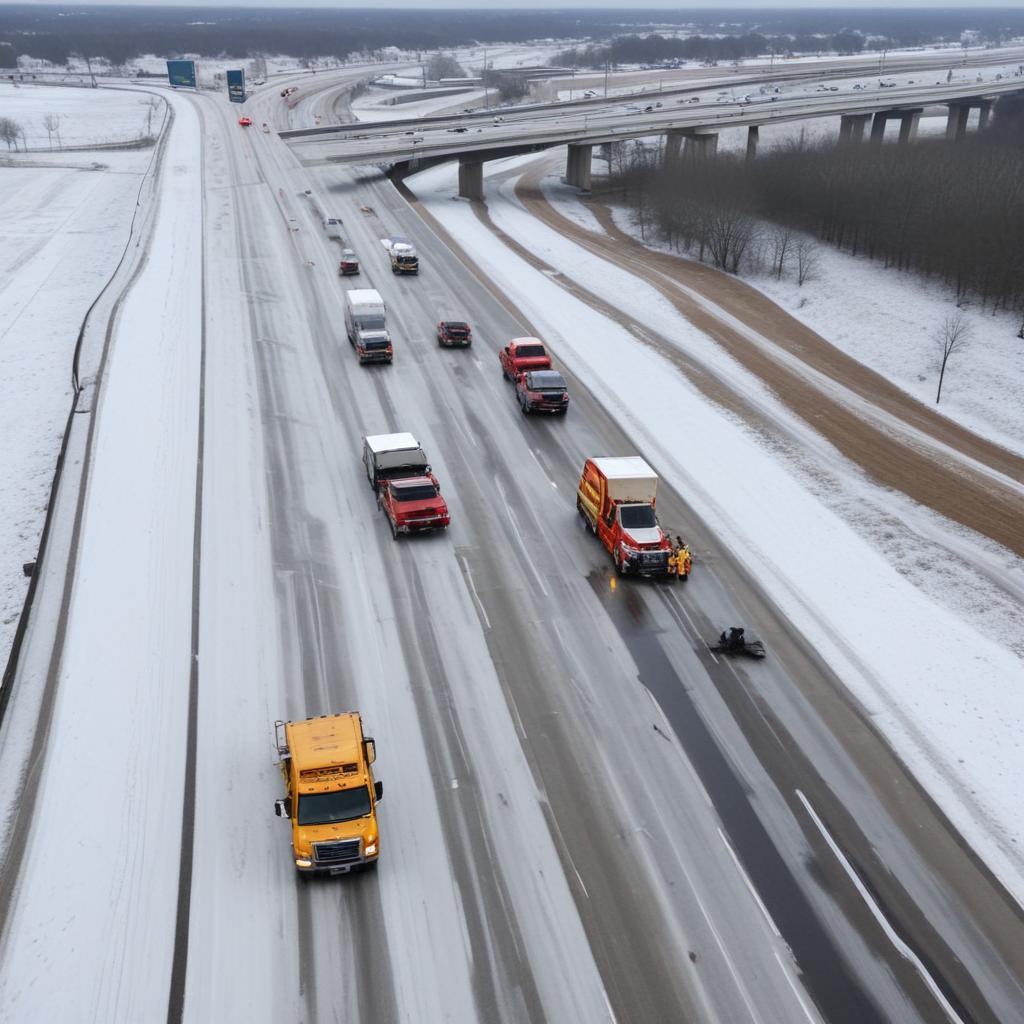
2025-11-15 06:00:48.088 • by
Alice Ibarra
Learn how to pack healthy, appealing snacks for kids that they'll actually eat, avoiding the common pitfalls of uneaten produce. A registered dietitian shares her expert approach to balanced snacking and recommended products.

2025-10-07 18:01:00.733 • by
Abigail Isaacson
Smartphones expose children to disturbing content and misinformation. A panel of seven experts offers crucial advice on how parents can talk to kids about upsetting news, graphic content, misinformation, and political polarization, emphasizing open communication and media literacy.

2025-06-26 00:00:20.856 • by
Alice Ibarra
A journalist explores the challenges and rewards of raising children in a world facing overlapping crises, arguing that parenting can be a powerful force for progressive change.

2025-06-25 18:00:23.46 • by
Adam Israel
A journalist explores the challenges and rewards of raising children in a world facing overlapping crises, arguing that parenting can be a powerful catalyst for progressive change.









